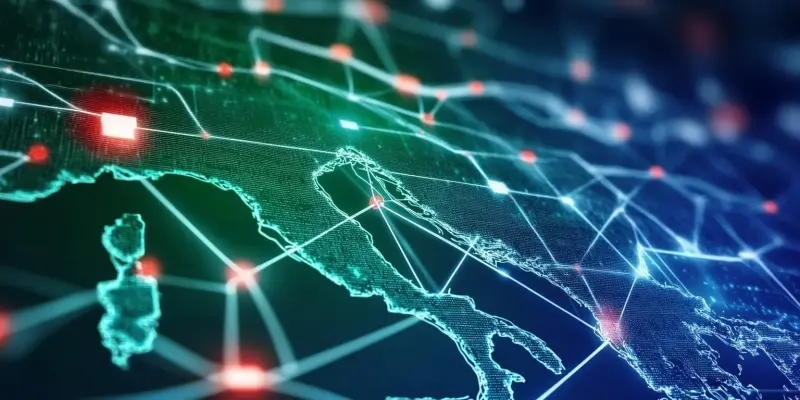In an alarming development that underscores the escalating cyber threats faced by nations, Italy’s Foreign Ministry and several other official websites, including those of Milan’s airports Linate and Malpensa, were targeted in a recent cyber attack. Pro-Russian hacker group Noname057(16) claimed responsibility for the attack, using the messaging platform Telegram to announce their involvement. They cited Italy’s “Russophobes” as their motivation for launching the attack. The sophisticated cyber offensive, characterized as a “Distributed Denial of Service” (DDoS), aimed to overwhelm the networks by flooding them with heavy data traffic, making the websites temporarily inaccessible.
Italy’s cybersecurity agency acted swiftly to mitigate the impact of the attack, restoring functionality within a span of two hours. Despite the websites being down, the incident did not cause flight disruptions, and travelers could still access the airports’ mobile apps. This incident highlights the persistence of cyber threats from pro-Russian groups against nations they perceive as antagonistic. The attack on Italy is a stark reminder of the geopolitical tensions manifesting in cyberspace, where even critical infrastructure like airports can become targets.
The rapid response by Italy’s cybersecurity agency played a crucial role in maintaining operational stability, ensuring that critical services were not severely impacted. While the hackers aimed to create chaos, the agency’s preparedness and quick action minimized the potential fallout. This attack serves as a robust call to action for other nations to bolster their cyber defenses and prepare for similar threats. Such incidents underscore the importance of having strong cybersecurity measures in place to protect national infrastructure and maintain public confidence.

